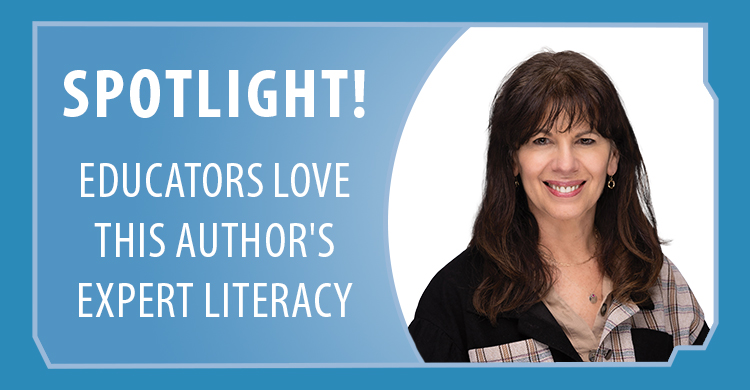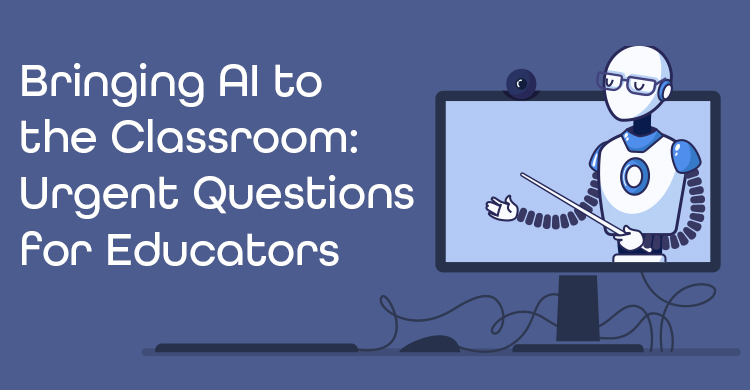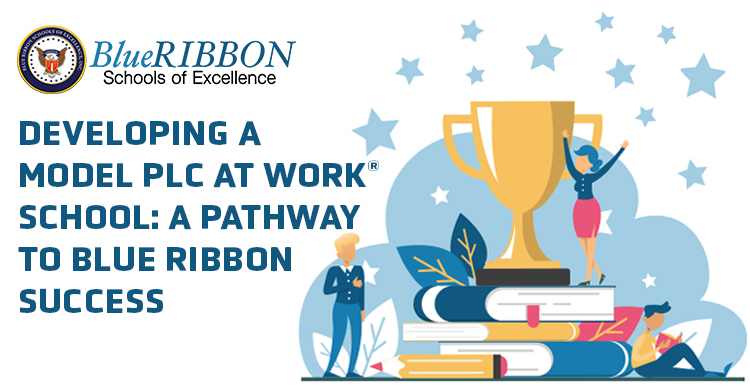I’ve got a confession to make: I have spent the past four months consumed by the upcoming presidential election.
I find myself checking into both my news feeds and my social streams several times a day, waiting for another embarrassing revelation about the candidates. I chew through articles about illegal contributions to personal foundations, seedy relationships with high dollar donors or foreign leaders, appallingly misogynistic statements, and accusations of political manipulation by party leaders who are more than a little determined to push forward their chosen candidates, regardless of the personal and political cost.
Worse yet, I often end up in the comment sections of the articles that I am reading, which are full of nothing more than rancor and shouting and vitriol and partisan insults. People with usernames like “Crooked Hitlery” and “Donny the Deplorable” call one another delusional in ugly attempts to discredit one another. The ever-present venom frightens me because it barely resembles the kind of open, honest discourse around controversial ideas that characterizes the strongest democracies.
So how can we move forward together when we spend so much time spewing hate at one another?
First, we have to do a better job helping the kids in our classrooms understand the filter bubbles that they are living in.
We may live in a world where ready access to unlimited information is available to everyone, but we also live in a world where social spaces and new technologies make it possible for everyone to build isolated intellectual worlds where core ideas and beliefs are constantly reinforced rather than consistently challenged. And thanks to clever algorithms designed to “make our lives easier,” the more we interact with ideas online, the more isolated we become.
As Frank Bruni explains in this May 2016 New York Times piece:
“If we seek out, ‘like’, and comment on angry missives from Bernie Sanders supporters, we’ll be confronted by more angry missives from Sanders supporters. If we banish such outbursts, those dispatches disappear. That’s the crucial dynamic. The curse of our lives online. The Internet isn’t rigged to give us right or left, conservative or liberal — at least not until we rig it that way. It’s designed to give us more of the same, whatever that same is.”
Critical thinking suffers when we are constantly surrounded by “more of the same.” It’s harder to question your notions about politicians or the policies that they promote when every post, article, and person that you encounter is pushing those notions forward.
Properly preparing students to be participants in a democratic society, then, means encouraging the kids in our classrooms to add diverse voices, thoughts, and sources to the information streams that they are creating for themselves. The best thinkers don’t just understand bias in traditional media sources. They also understand that new tools and technologies make it possible for well-intentioned users — people just like you and I — to create biased spaces where what we believe is rarely questioned.
We also need to do a better job teaching students about collaborative dialogue.
I think what troubles me the most about public discourse in our divided world is the belief that every conversation has to have a winner and a loser. We rarely listen to one another. Instead, we revert to shouting over one another. Trained through countless interactions with people who think just like us, we aren’t just skeptical of the solutions put forth by people who who we disagree with; we question their intellect and/or their intentions. As Bruni explains, “We construct precisely contoured echo chambers of affirmation that turn conviction into zeal, passion into fury, and disagreements with the other side into demonization of it.”
Pushing against the zeal, fury, and demonization that dominates public discourse depends on our ability to convince the kids in our classrooms that the best conversations are collaborative instead of competitive. We need to spend class time helping students to develop the skills necessary to use conversations as learning opportunities. Graduates from our schools should leave convinced that other people — no matter how different their core beliefs may be — have ideas worth learning from and that the best solutions are the result of diverse groups of citizens committed to building knowledge together.
Are these the kinds of lessons that you are teaching in your classrooms and schools? If not, why not? More importantly, when will you start?
If teaching students about managing information and engaging in collaborative dialogue resonates with you, check out Teaching the iGeneration — Bill’s book on using digital tools to introduce students to essential skills like information management, collaborative dialogue and critical thinking.
———————————-
Related Radical Reads:
What Can YOUR Kids Learn from the Romney Perry Slugfest
Bill’s Resources on Teaching Kids about Collaborative Dialogue
[author_bio id=”413″]






